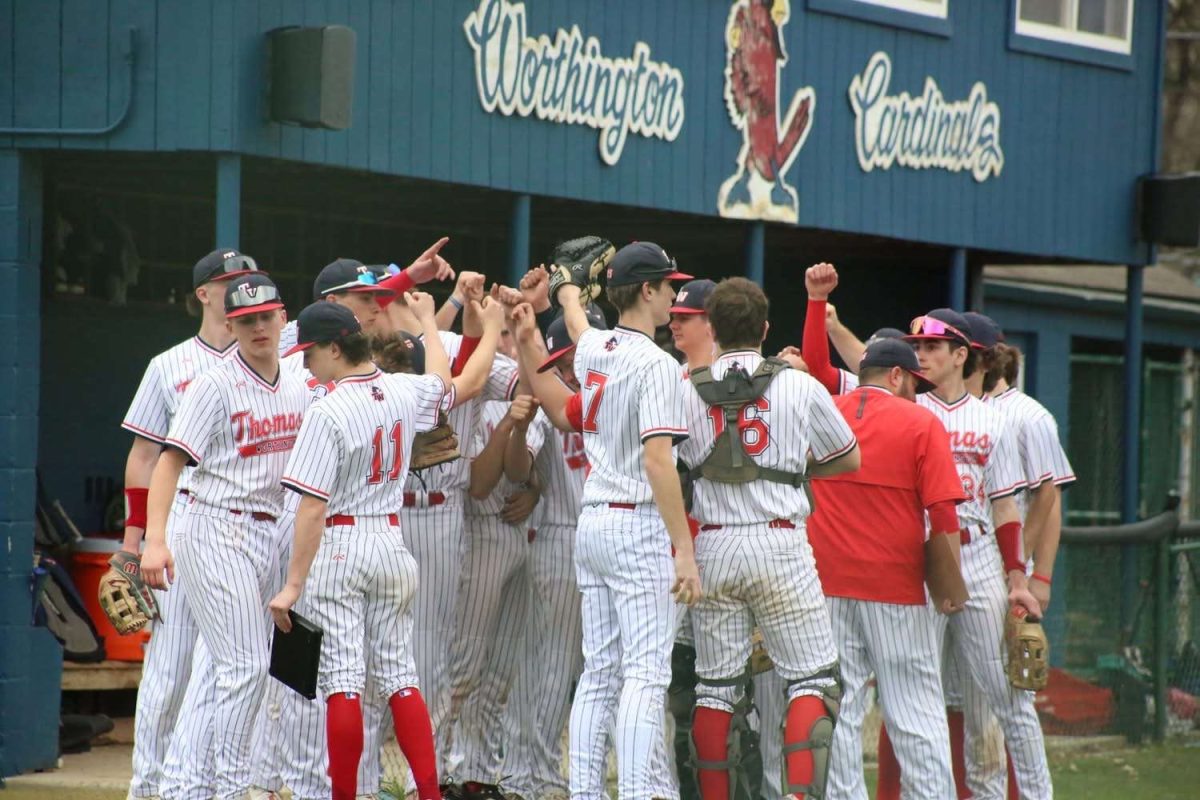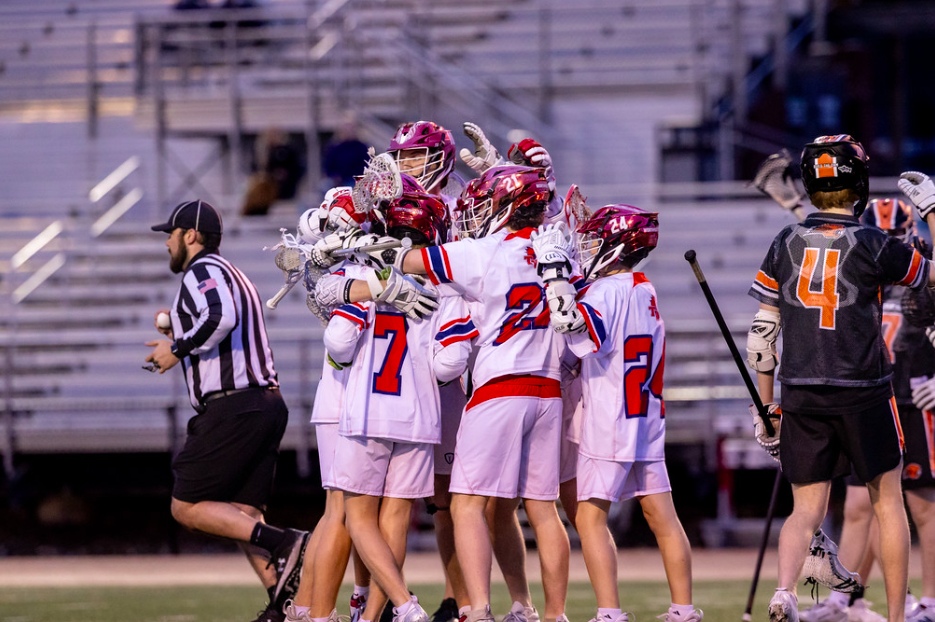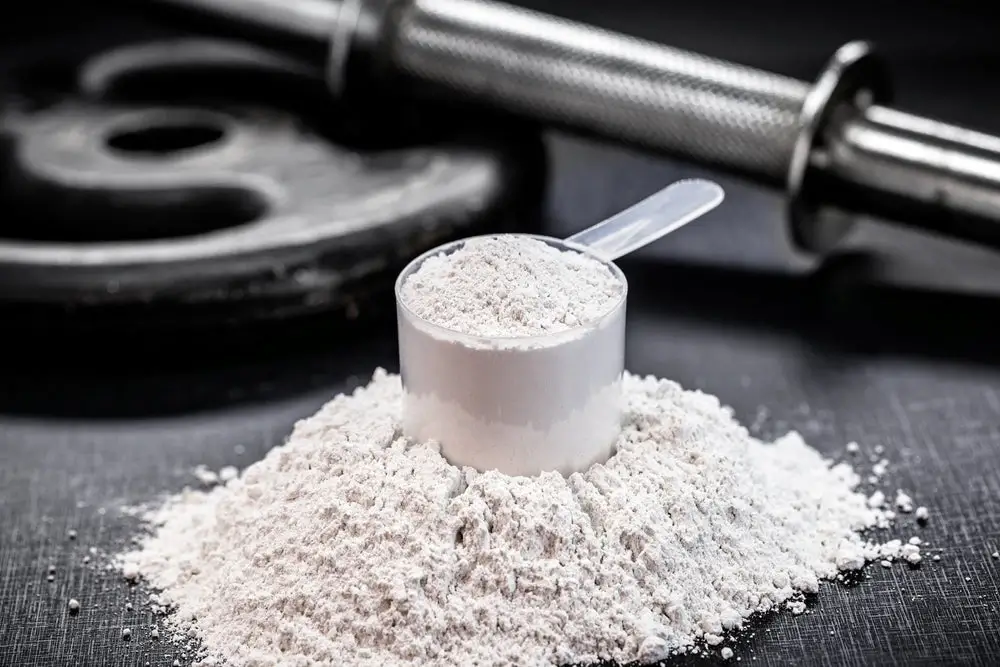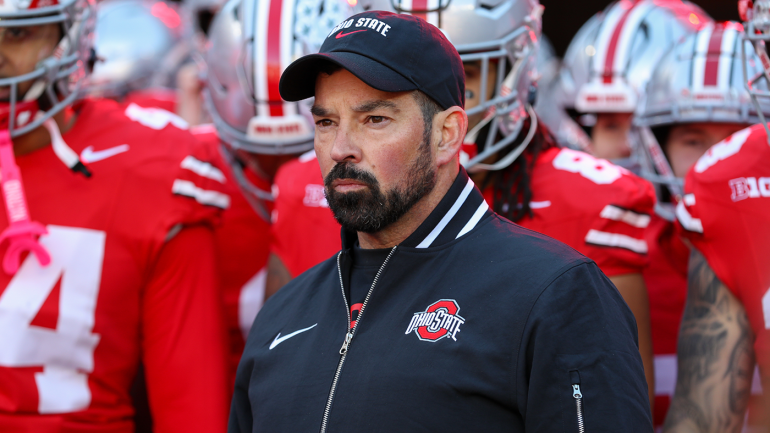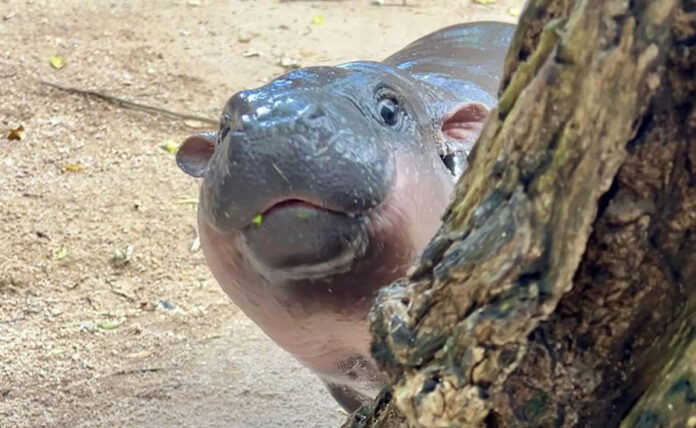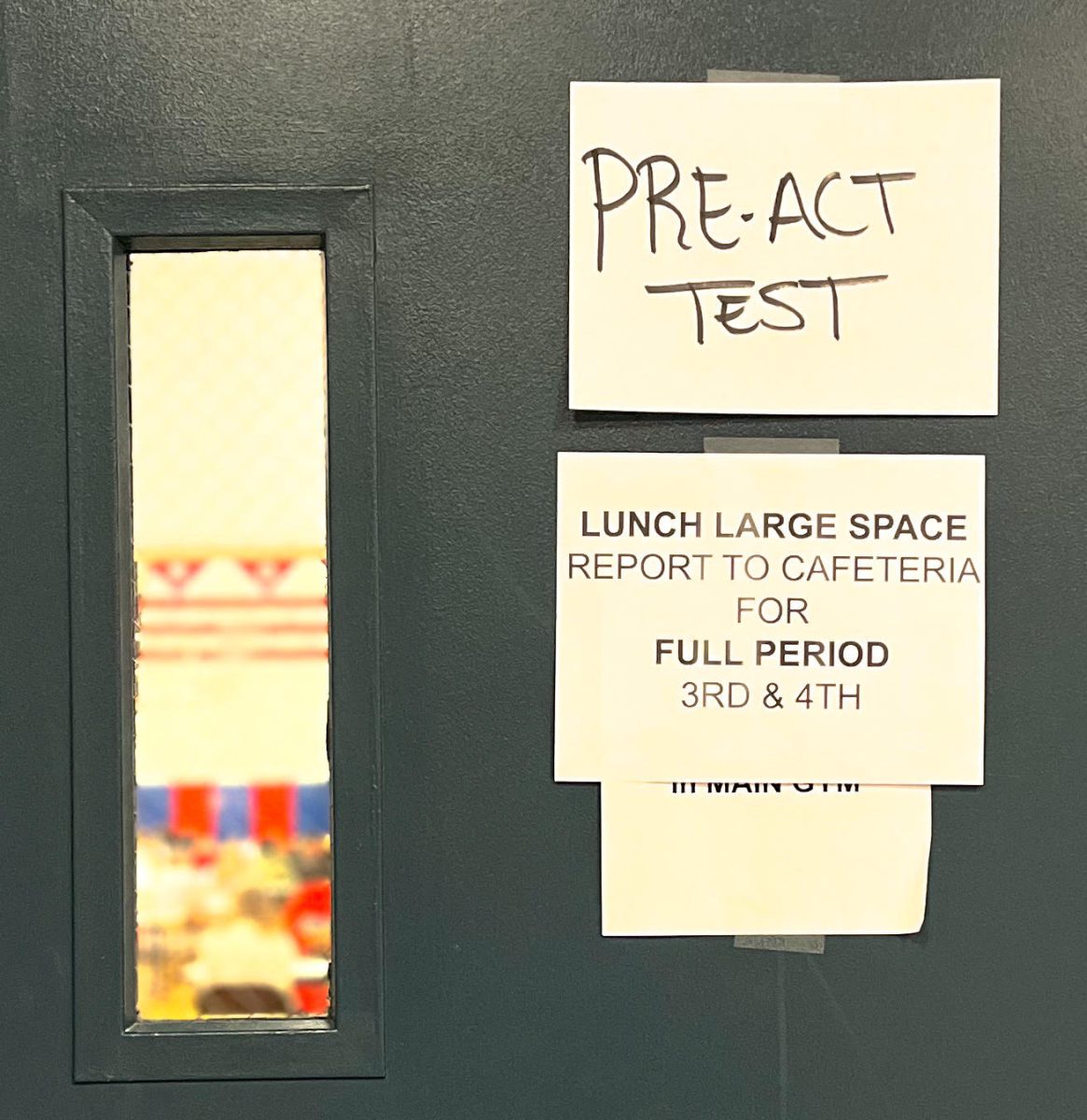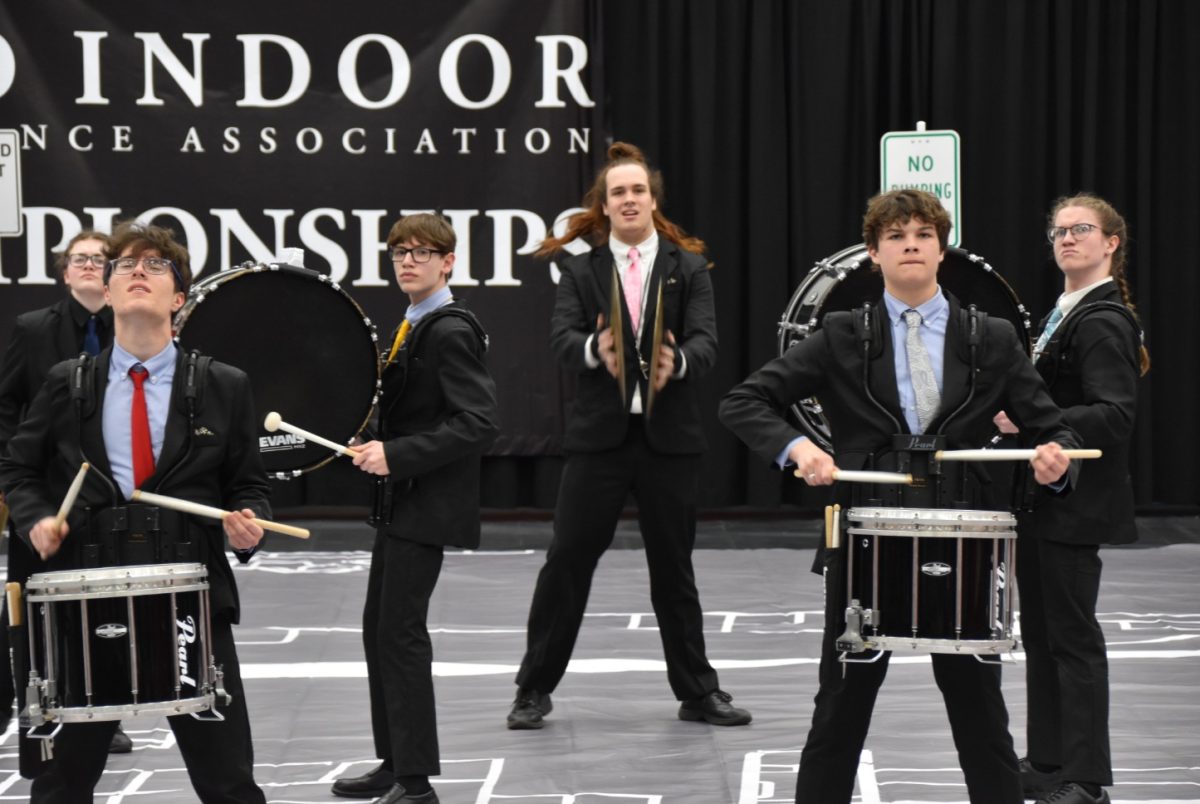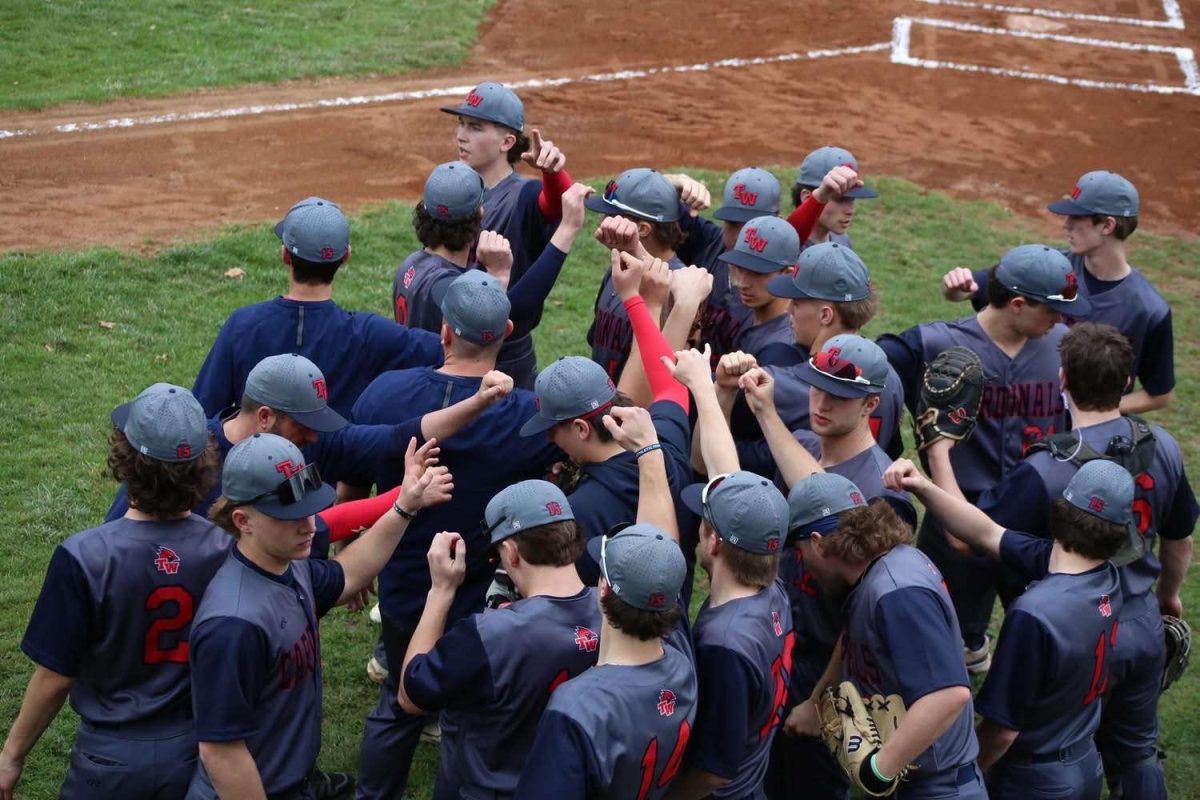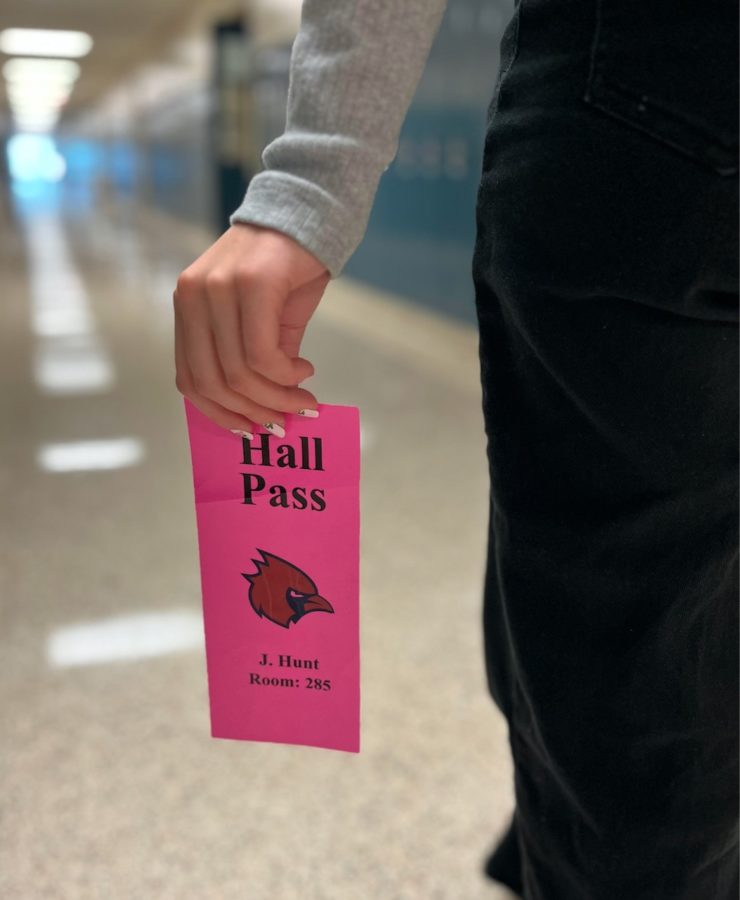Finding a Balance: New Disciplinary Strategies Focus on Restorative Justice
September 28, 2022
New disciplinary strategies are being used at Thomas Worthington High School this year. The administration is taking new actions to handle behavioral issues with new regulations and strategies like vape and noise detectors in the restrooms and different drop-off rules in the morning.
“One of the things I think everyone knows about already, we’ve got detection devices in the restrooms that can tell if someone is vaping or using THC and other things like that,” says Dean of Students, Scott Gordon.
With the new vape detectors in the restrooms, some students are being unnecessarily held up by the investigations and disciplinary process. Students who are not vaping happen to be in the bathroom while others are vaping, which then sends an alert to administrators. According to protocol, every student that was in the bathroom at the time the detector goes off must be searched.
“When those detection devices alarm us then we have to check everyone that was in those restrooms at that time so you know that’s become a little bit of an issue and that’s definitely changed some things,” continues Gordon.
With this information, the ultimate conclusion is that behavioral issues have decreased as a result of these changes.
“One of the things that happened in the middle of last year was we added security monitors that are roaming the halls, I think that has helped remind students to get to class, and starting off with them this year we’ve just continued with that rule of kids not wandering the halls and that really always seemed to be one of the main things that caused disciplinary problems,” says Gordon.
Students roaming the halls has always been an issue in the school. The students feel bored in the classrooms and then make plans to meet up with their friends in the hallway or restrooms. This creates noise in the hallways when there are classes/tests going on and can also lead to other disciplinary issues.
John Baker, the attendance monitor for TWHS, deals with a lot of students roaming the halls every day as his role is to keep everyone where they’re supposed to be.
“I’ve noticed that the hallways seem a little less crowded during classes,” says Baker.
He was asked how he approaches students when they are causing trouble. “It’s always out of respect, I understand that everyone has bad days, it’s more of let’s have a conversation, what are you doing, how can we fix this situation,” he says.
This attitude of respect can help kids to be more respectful in return. It helps them feel like someone relates to them. The school has developed certain ways that can help students learn from their mistakes, instead of just punishing them for their bad days or mistakes.
“Rather than just kicking kids out of school for a couple of days with an out-of-school suspension we have opportunities for kids to stay in school and have an educational component where they are learning about the effects of nicotine and things like that which can help them understand how that can affect their bodies,” says Scott Gordon. “it’s more of what we call a restorative practice of trying to correct a situation rather than just trying to punish for any of those infractions.”
Senior Zoe Limbach weighs in on the discipline changes she has seen over her time at TWHS. “Students deserve to have a chance to fix their mistakes,” says Limbach. “It’s not fair to automatically punish a student, especially since high school students are becoming young adults and they’re not developed. We just have a lot of learning to do.”



